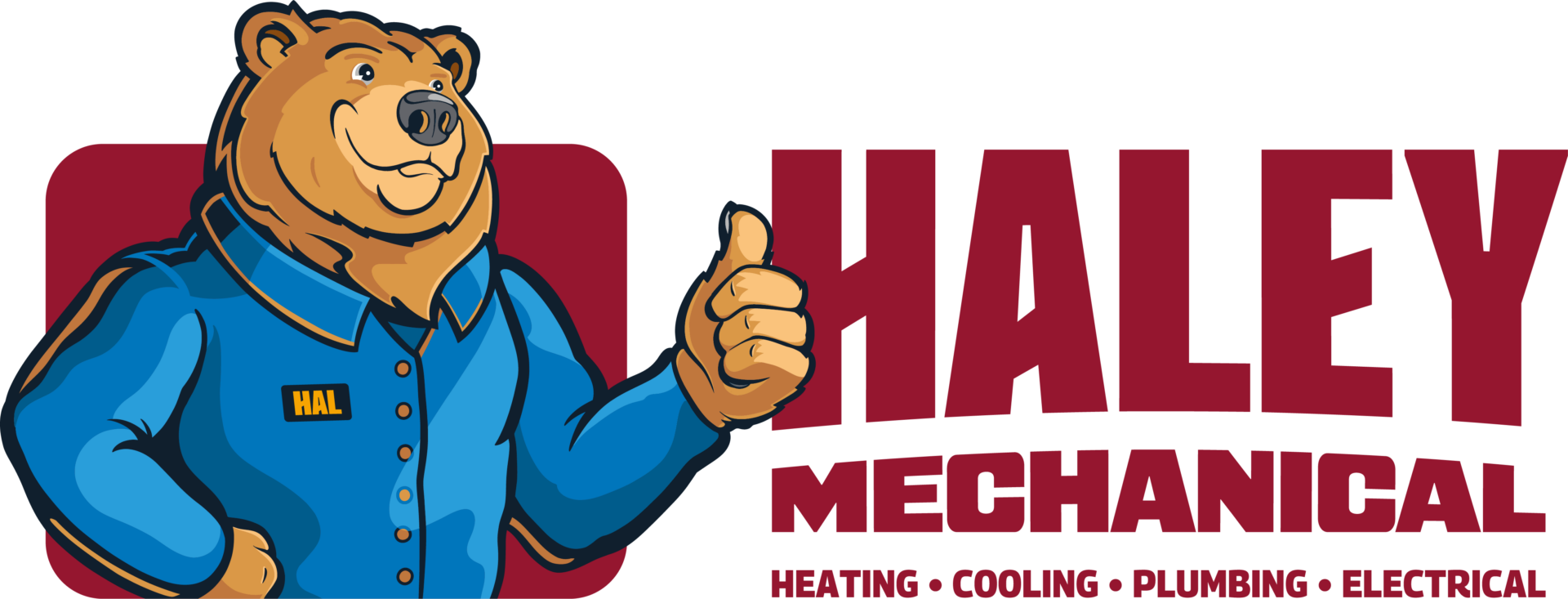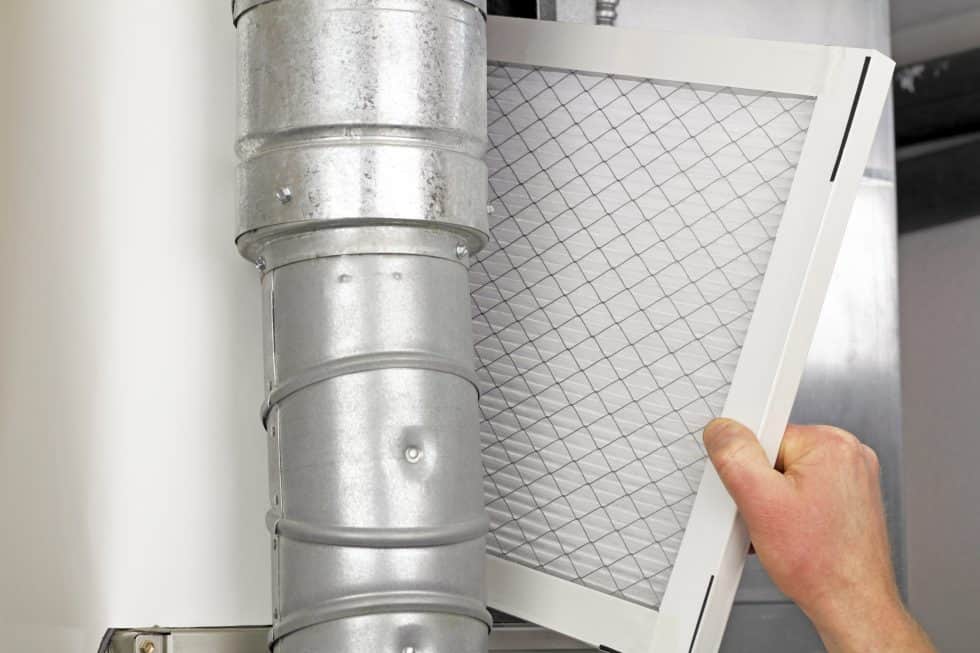Anyone who lives in Ann Arbor or SE Michigan knows temperatures often get downright frigid during the winter months. The last thing you want is to come home to a house that’s freezing, only to find the temperature indoors is colder than where you set the thermostat. Before you pick up the phone to call in the pros, try these tips!
Make sure the furnace is getting power. Check to make sure the furnace is turned on, check the circuit breaker, and look at the fuse box. You would be surprised to know the number of times technicians have gone out on a call only to find a blown fuse or tripped breaker!
Change the filter. Sounds too simple to be the fix, doesn’t it? When the air filter gets clogged with all of the dust, dander, pollen, dirt, and other debris it’s protecting your family from, it makes airflow difficult. This could be the problem if your furnace does come on, but shuts off before your home warms up to the temperature you set the thermostat on. Changing your filter regularly often prevents issues with the furnace.
Check to ensure the pilot light is lit/gas turned on. The gas valve must be turned on for your gas furnace to get the fuel it needs to work. If your furnace is older than 20 years, be sure to light the pilot light.
Take a look at the thermostat. For your heat to come on, it must be set to the “heat” position and the temperature set to your desired point, but one that’s higher than the current temperature in the room. Check the battery if you have a thermostat that operates on one, and the scheduled times if you have a programmable thermostat. It’s a good idea to replace the thermostat battery at the beginning of the heating season.
Check air registers, vents, grilles, and ducts. You will want to check the air registers and vents inside your home first to ensure they aren’t blocked by anything such as furniture or rugs. Once you determine there is nothing restricting airflow, take a look at the ducts to see if there is a build-up of dust, dirt, or other debris. You will also want to see if there may be a leaky duct that is allowing the heat to escape before it comes into your home.
Inspect your furnace for dirt and corrosion. After turning the power switch off, remove the front panels and inspect for dirt, dust, spider webs, corrosion, or rust on components, anything that could be causing problems. Use a vacuum or compressed air to clean away the debris and call a technician who can replace any corroded parts.
Check outside exhaust and intake. Airflow issues are often caused by debris, leaves, or even birds. If you are comfortable doing so yourself, clear away any blockages; if not, call in a professional.
Check for a clogged drain line. Flue gas condensate is carried away with drain lines in both boilers and high-efficiency furnaces. Your furnace will not function if the drain line is clogged with mold, dirt, or sediment, so if you think this is the problem, flush out the drain line.
Turn off the furnace to reset it. The majority of newer furnaces equipped with electronic ignitions have a lockout mode should the ignition sequence fail. Rather than waiting for the ignition to reset on its own, turn the furnace off, wait for a minute or two, and turn it back to the “on” position. Low gas pressure and electrical brownouts/blackouts can result in lockouts, which may be your problem if any of these have occurred.
Have an HVAC technician come and inspect/service your furnace. Sometimes you can’t resolve the issue yourself, or you may not feel comfortable performing some of these tasks. In this event, call in our Ann Arbor HVAC professionals to ensure a warm, cozy home all winter long!

